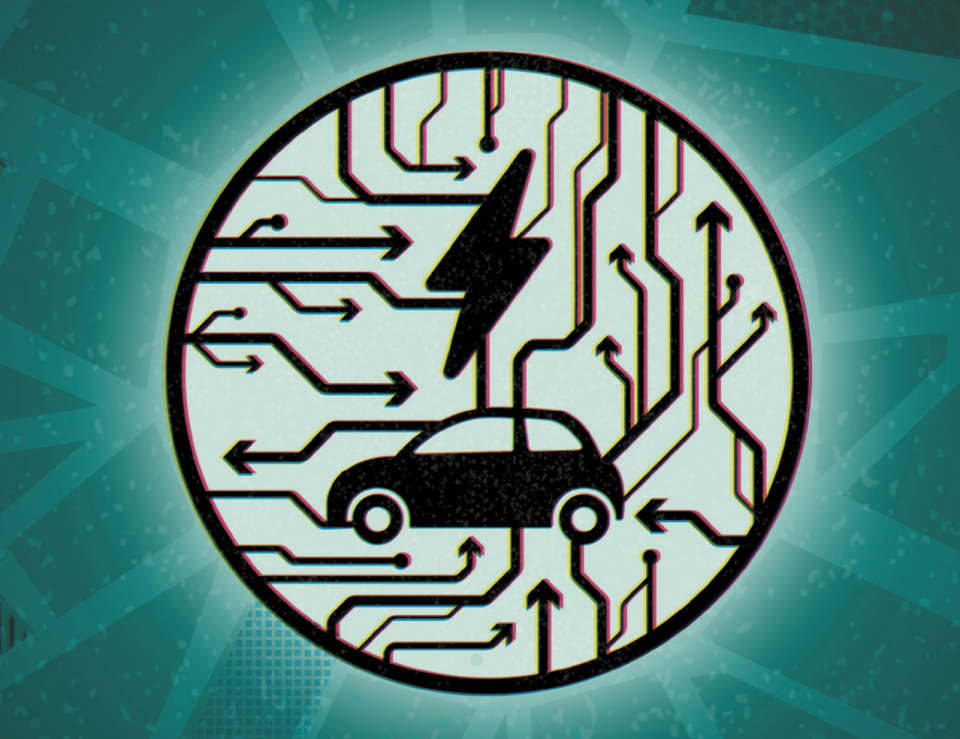By the end of the decade, a third of all new car sales worldwide will be electric, according to new analysis from Deloitte. This would bring the total number of electric vehicles (EVs) sold in a single year to 31.1 million globally; ten million more than previously forecast.
EV sales are still expected to reach 2.5 million worldwide in 2020, despite disruption from Covid-19. Based on a compound annual growth rate of 29%, Deloitte’s research estimates this to top 11.2 million in 2025 and 31.1 million by 2030. At this milestone, fully electric vehicles will account for 81% of all new EVs sold according to the research, outperforming their plug-in hybrid peers.
Deloitte identified a key factor in driving EV growth over the next ten years as changing consumer sentiment, as many barriers to adoption gradually dissipate.
Jamie Hamilton, head of electric vehicles at Deloitte, commented: “The price premium attached to many electric vehicles restricted some early adopters but, as the cost of EVs have converged with petrol and diesel equivalents, the pool of prospective buyers is set to increase. A wider range of new electric vehicles, combined with a growing secondhand market, means EVs are becoming a more viable option for many. However, overcoming consumer concerns around driving range and perceived lack of charging infrastructure will be important factors as more drivers consider the practicalities of switching to electric.”
Additional factors driving growth include a favourable regulatory environment, be it financial incentives or emissions targets, and the development of new EV models that span both affordable and luxury ends of the market. Similarly, as company cars and fleet continue to represent the majority of all new car sales, a shift to EVs at a corporate level will further the global transition to electric.
Lockdown measures in response to the outbreak of COVID-19 saw major disruption to international supply chains and the temporary closure of dealerships.
Hamilton said: “Whilst overall car sales plummeted during this time, EVs have shown resilience in some regions compared to the rest of the market. Consequently, the outbreak of COVID-19 means we have likely seen petrol and diesel vehicles reach their sales peak, albeit relatively unnoticed. With total annual car sales unlikely to return to pre-pandemic levels until 2024, even if sales growth in the petrol and diesel market returns, it is likely to experience a decline in market share thereafter.”
In the UK, a mix of favourable government policies and greater consumer awareness on climate change have been catalysts for EV growth to date. With ambitions to meet wider net zero emissions by 2050, and a proposed ban on the sale of polluting vehicles brought forward to 2035, the stage is set for further adoption.
Deloitte’s analysis found that 50% of UK consumers would consider an EV as their next vehicle purchase. However, 33% indicate that a lack of charging infrastructure remains the greatest concern when considering the switch to full electric.
Hamilton said: “Continued investment in charging facilities and overcoming consumer concerns around their availability and accessibility could see the UK surpass the 32% global EV market share by 2030, reaching as much as 65% of the domestic market in the same period.”
Source: https://greenfleet.net/
CUT COTS OF THE FLEET WITH OUR AUDIT PROGRAM
The audit is a key tool to know the overall status and provide the analysis, the assessment, the advice, the suggestions and the actions to take in order to cut costs and increase the efficiency and efficacy of the fleet. We propose the following fleet management audit.




